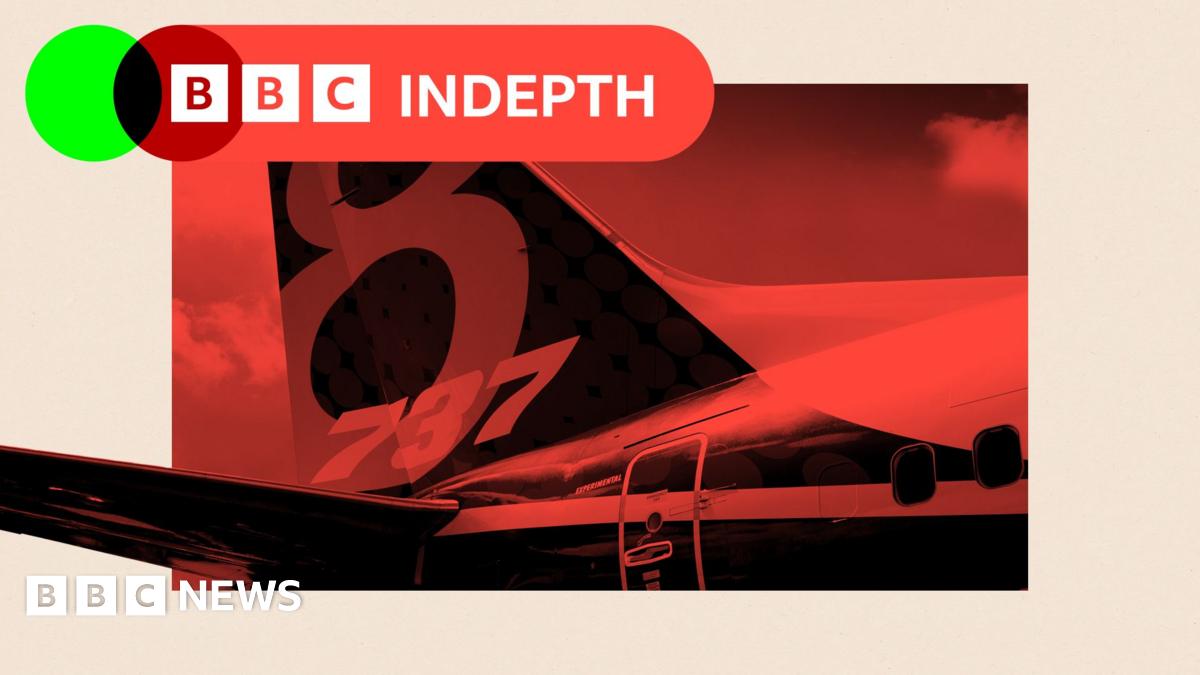Unlock the Editor’s Digest for free
Roula Khalaf, Editor of the FT, selects her favourite stories in this weekly newsletter.
Japan Tobacco’s chief executive has said the company will keep its lucrative Russian business to satisfy investors after reshaping its supply chains to comply with sanctions.
The cigarette maker is routing some business through Turkey and has moved key personnel to Hong Kong as ties with Russia have come under pressure in the wake of its invasion of Ukraine, Masamichi Terabatake told the Financial Times.
The company, 33 per cent owned by the Japanese state, had originally said it would consider selling its Russian business following the onset of war in 2022. It decided to continue but suspended all investment and marketing activities in Russia. The country accounted for about 20 per cent of the company’s overall profits, Terabatake said.
Investors were concerned about any potential decline in profits, he said, adding that he would breach his fiduciary duty if he were to shut down a business he could continue to run at a profit.
“If I said for example that we are going to quit the business, investors may face the risk of losses. If worse comes to worst, there is even the risk of a shareholder lawsuit if we were to discontinue a business that we are able to continue,” he said.
JT has stayed on as one of the biggest foreign companies left in Russia, with more than 4,000 employees and four factories. The company’s overall profits were ¥482bn ($3bn) in 2023.
The EU, Japan, the US and other western countries have imposed wide-ranging sanctions on Russia to curb flows of money and goods. Speaking at JT’s headquarters in Tokyo, Terabatake said it had put in place a new structure for its Russia unit and supply chain to comply, including positioning staff in Hong Kong for monitoring procurement routes and inventory.
“There are various things we need to be careful of from sanctions — what kind of people can be involved or not in decision-making, excluding people from unfriendly countries for Russia’s management . . . to putting people unrelated to sanctions in places such as Hong Kong,” said Terabatake. “But otherwise, it’s business as usual.”
Japan Tobacco entered Russia — the world’s fourth-largest tobacco market — in 1999 and “has been the indisputable leader of the Russian tobacco market” since 2007, according to the company’s website. It sells international brand cigarettes such as Winston and Camel as well as domestic ones including Russian Style and Kiss.
“We are making various efforts to ensure a sort of a ringfence, by sending things from Turkey, for example, since there are countries that cannot do trade with Russia,” he said, adding the changes took about a year to be established.
Many companies and investors have left Russia since sanctions were imposed — often booking large losses and transferring their assets to investors with close ties to the Kremlin — but Japan Tobacco is not alone in maintaining operations in the country.
Rival Philip Morris has also kept its business in Russia, alongside other companies and large European banks such as Austria’s Raiffeisen and Italy’s UniCredit. The Financial Times recently reported that Raiffeisen had posted dozens of advertisements for Russia-based jobs, indicating ambitious expansion plans.
Japan has kept pace with western nations in imposing sanctions on Russia but has not withdrawn from large energy projects due to its reliance on Russian energy.
Japan Tobacco had faced investor scrutiny about the potential reputational impact of continuing to trade in Russia, but Terabatake said those concerns had receded.
“It’s true that initially there was a question about reputation in regards to continuing our business but more recently it’s less of an issue,” he said. “There are fewer occasions where people are demanding to know why JT is continuing its business [in Russia].”
Investors have yet to get an answer from the company on how it intends to get those profits out of the country and back to shareholders. No dividend has been paid to date by the Russian entity from its 2022 and 2023 financial results.
Despite his insistence that it was “business as usual” in Russia, Terabatake said he remained prepared to split off or sell the unit “in the worst-case scenario”. But it was not something he believed would be necessary under the current sanctions regime.
Credit: Source link











